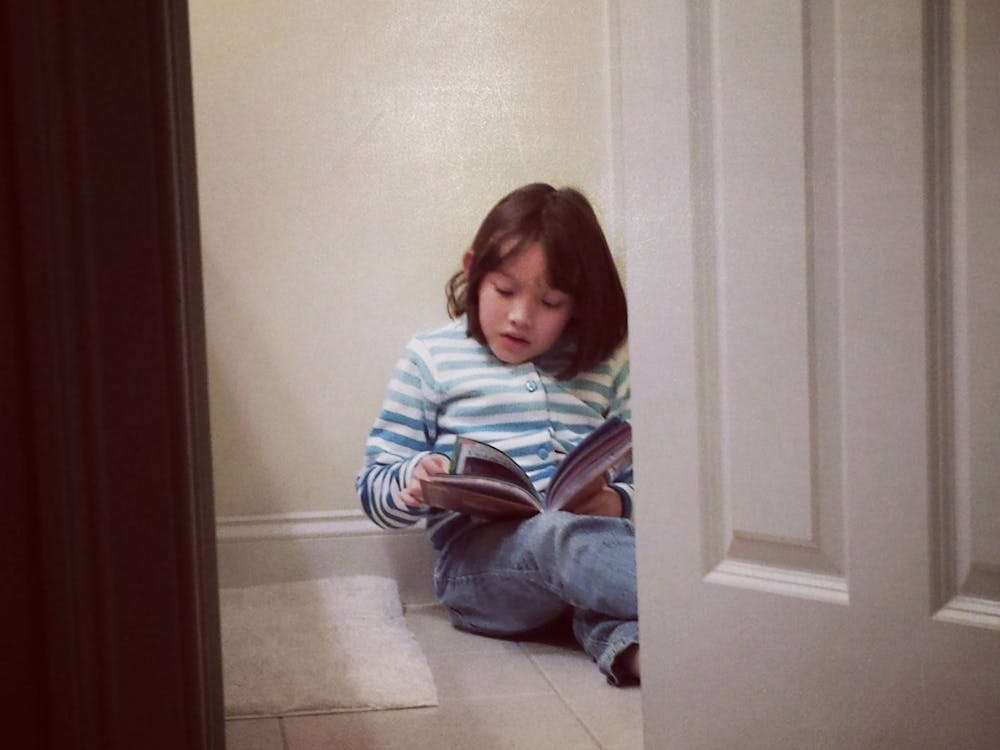As the popular television series The Big Bang Theory progresses through its seventh season on CBS, we can’t help but wonder what’s given this show such staying power, and if that staying power will last. When the show began, the concept was new and different; the ultimate nerdy comedy that appealed to nerd and non-nerd alike. And over time, the show stayed so true to itself that it earned a large and loyal fan base. Like all shows, however, The Big Bang Theory must evolve, and now fans are wondering if this evolution will undermine what made them love this quirky show in the first place.
What ultimately built The Big Bang Theory’s fan base was the integrity to its quirkiness that was consistency woven throughout every episode.
When the show began, certain key elements were established: Leonard Hofstadter, played by Johnny Galecki, is hopelessly in love with his neighbor who is far out of his league; Sheldon Cooper, played by Jim Parsons, shows a disinterest and ineptitude when it comes to social relationships; Rajesh Koothrappali, played by Kunal Nayyar, can not speak in the presence of women without alcohol; and Howard Wolowitz, played by Simon Helberg, is a somewhat creepy player who hits on any woman he sees.
Viewers admired the care taken to stay true to these elements. Perhaps the quintessential example of this is Raj’s inability to talk to women, which persists throughout the first six seasons. Whenever there are women present, Raj either does not speak or has an alcoholic drink. One would think that this would be difficult to maintain without completely excluding Raj from entire scenes, especially as more women were added to the main cast. However, this trait became such an integral part of the show that it was incorporated into scenes with ease. Furthermore, the writers found ways to cope with this difficult trait in ways which enhanced other aspects of the show. Raj often speaks by whispering his thoughts in Howard’s ear, contributing to the homosexual tendencies between them. It is the dedication to details like these that gave this show a reputation for staying true to its characters.
As with any show, the plot of The Big Bang Theory must evolve and its characters must grow to remain dynamic and relatable individuals. And the show certainly has evolved, in the last two season especially.
During this time, we have seen the introduction of two beloved and well-received new characters: Bernadette Rostenkowski, played by Melissa Rauch, and Amy Farrah Fowler, played by Mayim Balik, who have not only added some girl power to what was initially a testosterone-dominated show, but have also both heavily altered the behaviors of other main characters. In marrying Howard and starting an adult life with him, Bernadette eliminates what was originally a key component of Howard’s character.
Howard is no longer the creepy guy in a bar, hitting on women by wearing an eye patch and baiting them with a promise to drive the Mars Rover. Now, he is a husband with a home and he has a wife whom he loves, which is sweet but undeniably less funny. Amy Farrah Fowler has achieved an even bigger feat, by becoming Sheldon’s girlfriend Amy has changed Sheldon’s character into one who is forced to care, to at least some degree, about romance and social relationships, ideas he once scoffed at.
The changes made over the course of this show have produced a variety of reactions. While Leonard getting the girl and his subsequent on-again, off-again relationship with Penny enthralls us, Raj’s sudden ability to talk to women feels like a loss and seems to add little in the way of plot development or comedic value.
Perhaps the bottom line of all these changes, whether they be necessary to the development of the show or not, is that they seem to have made our original four nerds just a little less nerdy; and it is this awkward and endearing nerdiness from season one that we miss so much now.
With the addition of new main characters, new relationships, and new character developments, viewers wonder how much change is too much, and at what point in its evolution does a great show lose that which originally made it great?
Tune into CBS on Thursdays at 8 p.m. to see for yourself if The Big Bang Theory is evolving into something great or if the unique magic that this show once had has run its course.




